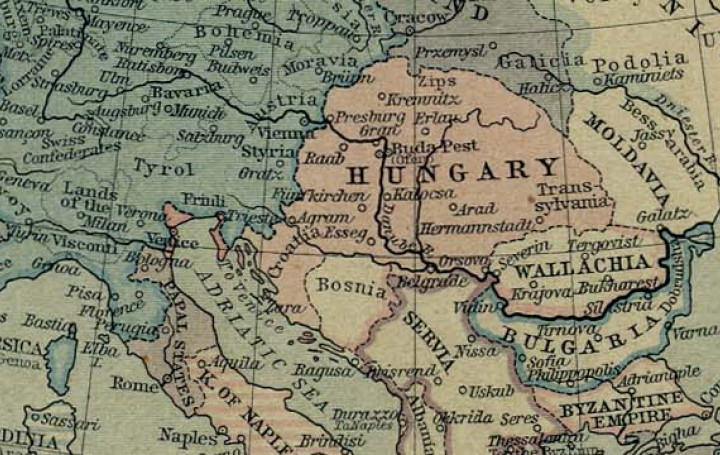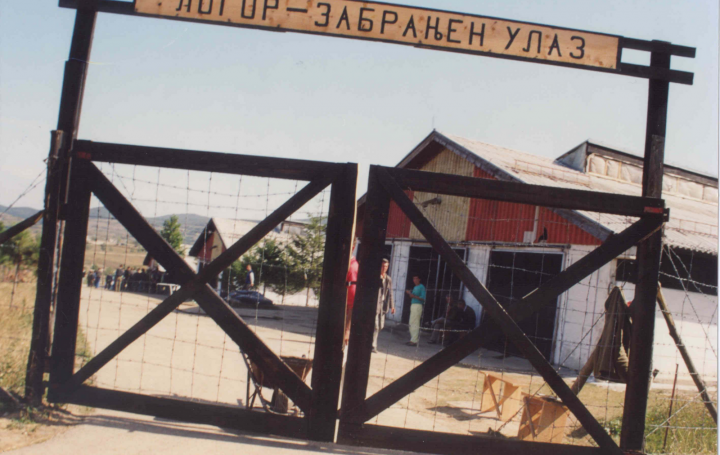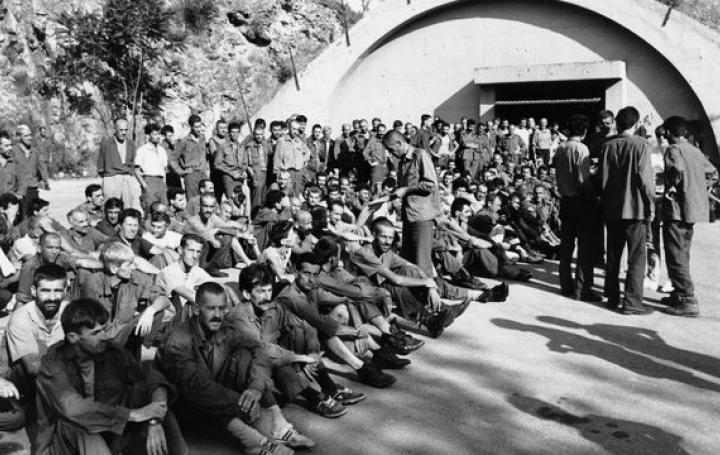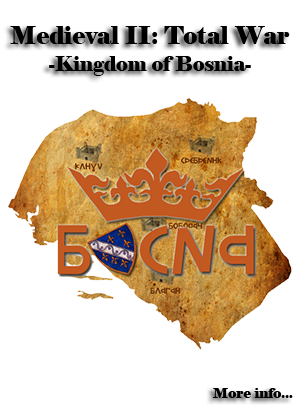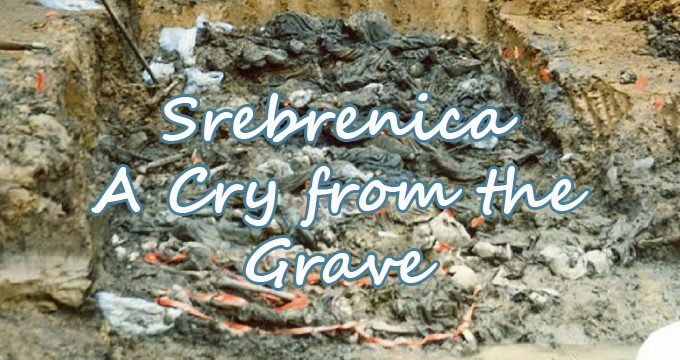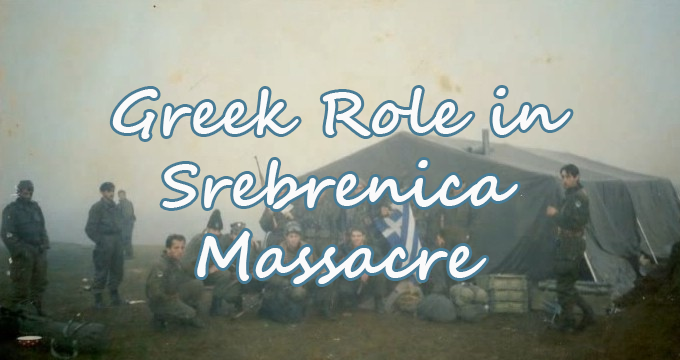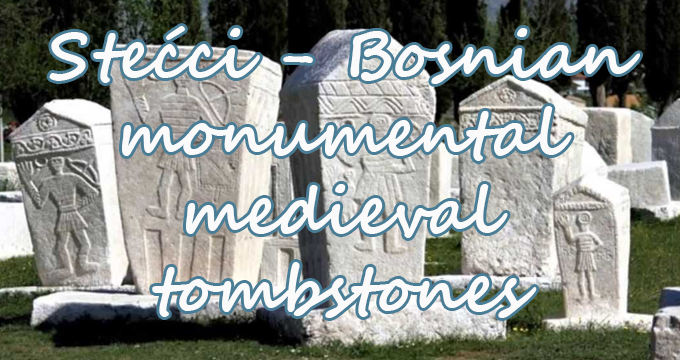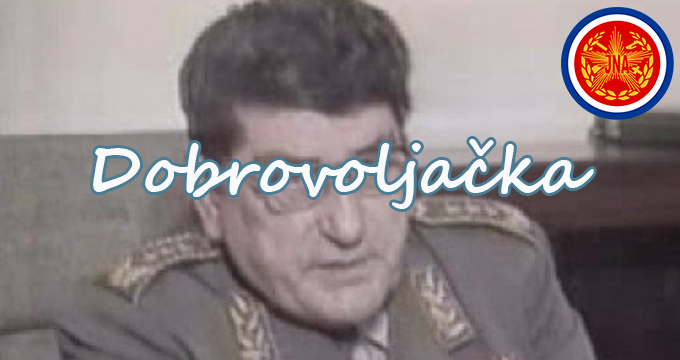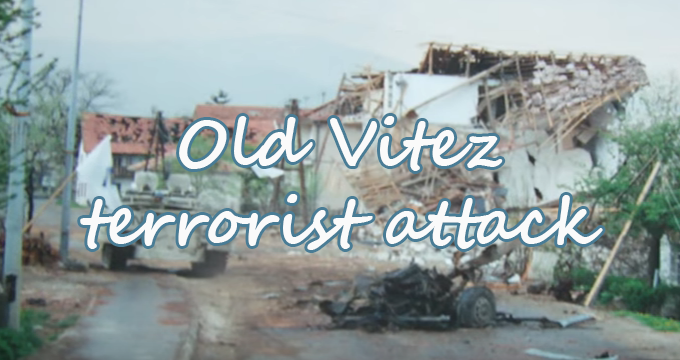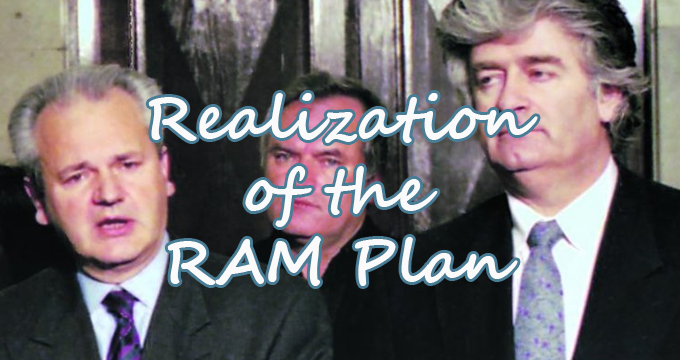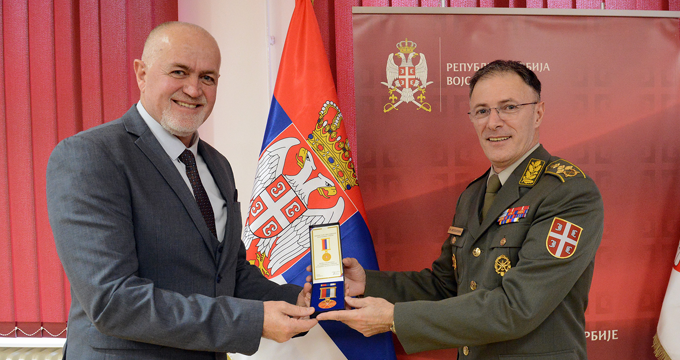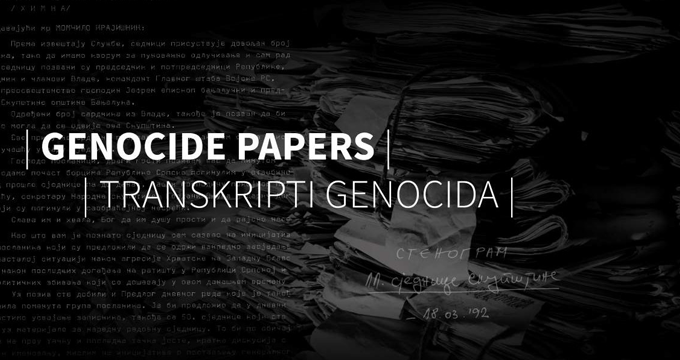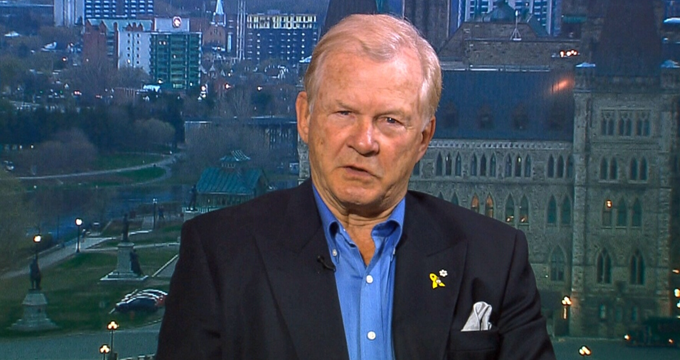Srebrenica
Srebrenica, Bosnia, the world's first United Nations Safe Area, was the site of the worst case of genocide in Europe since World War II. In July 1995, the Bosnian Serb army staged a brutal takeover of the
In June 2005, during cross-examination of a witness in the case against Slobodan Milošević[1] at the International Criminal Tribunal for the former Yugoslavia, the court viewed video footage showing a Serbian
This documentary was made by Ingeborg Beugel, and proves the involvement of Greece in the Srebrenica-massacre and the Yugoslav-war. In the film Ms. Beugel has an encounter with Mr.Alexandros
Early History
Stećci are monumental medieval tombstones that lie scattered across the landscape of Bosnia and Herzegovina. They are the country's most legendary symbol. These are the tombstones of those who lived between the
Russia and the Habsburg monarchy had vied for political and economic influence in Southeastern Europe since the eighteenth century. Ottoman weakness, growing Russian influence in the area, and the realization that
The Kingdom of Bosnia was conquered with great speed by the Turkish army in the early summer of 1463. From then on the heart lands of the old Banate of Bosnia, together with the foothold which the Turks had already
Modern History
"Because of much manipulation, lying, fabrication about how many soldiers died in Dobrovoljačka Street, it's time to say exactly how many died, and only I can do that. In the Dobrovoljačka Street, they attacked
The fighting in Vitez continued after April 16, 1993. The old town of Stari Vitez (or Mahala as it called) remained in Bosnian government hands. However, the HVO surrounded it and subjected it to siege and
The war against Slovenia, waged simultaneously with the loud, open Serb insurrections at Banija and Kordun, in Lika and Eastern Slavonia, and with the occupation of Baranja, forced the world to directly
Current Affairs
The Chief of the Serbian Armed Forces General Staff, General Milan Mojsilović, received a delegation of the Club of Generals and Admirals of Serbia, led by the President of the Club, retired General Milomir Miladinović.
The "Genocide Papers" project was financed directly from the budget of the Srebrenica Memorial Center, without the support of external donors, and we are proud that most of the project implementation relies on the internal
During a lecture at the Faculty of Philology in Belgrade on the topic of "Review of Serbian-Canadian Relations and Allied Connections" has stated that: No genocide was committed in Srebrenica, because



